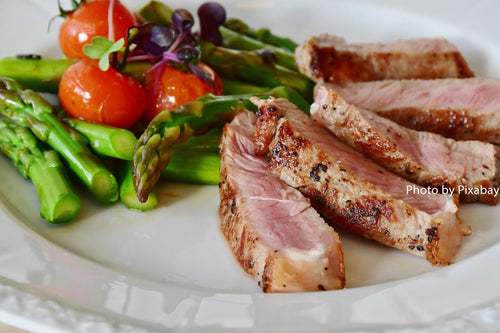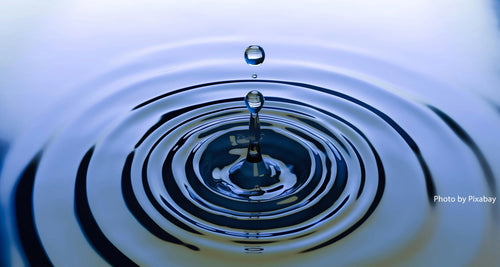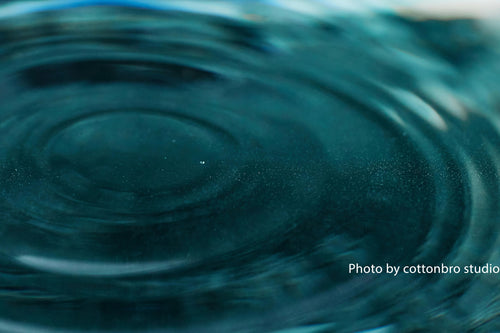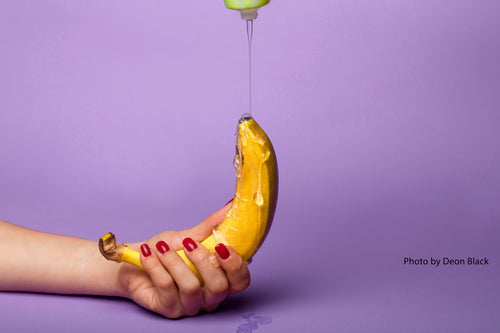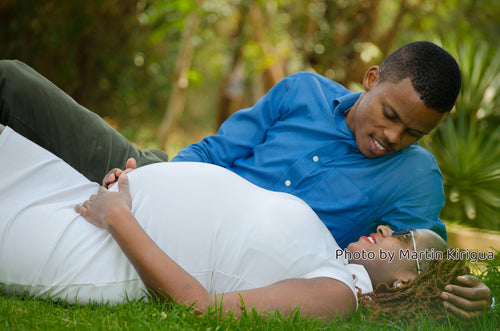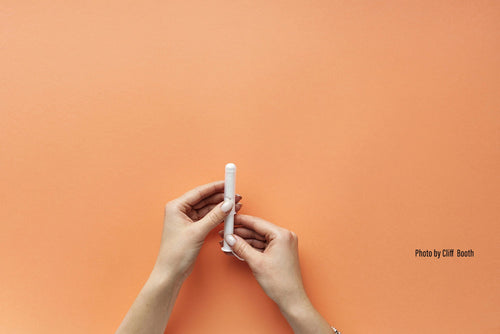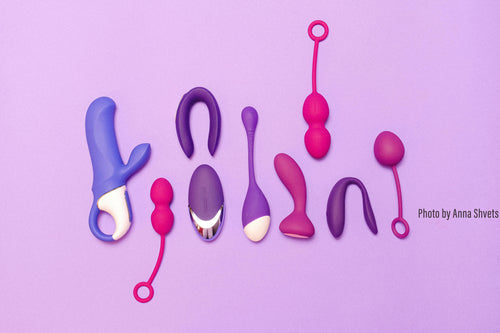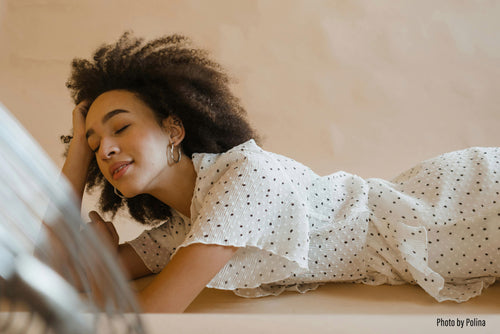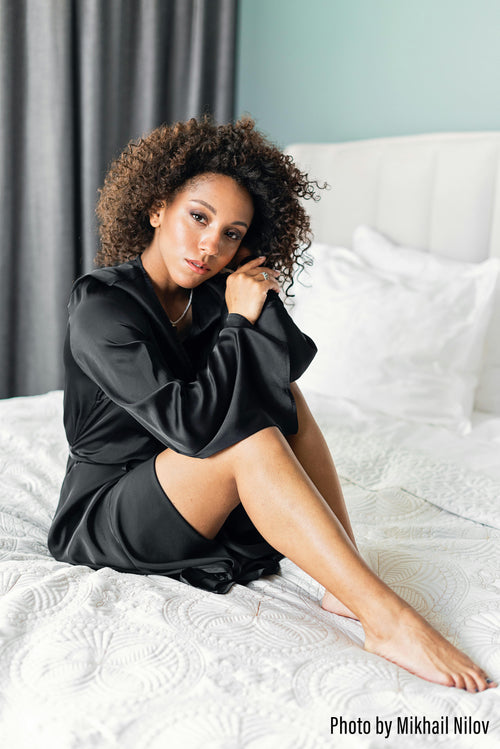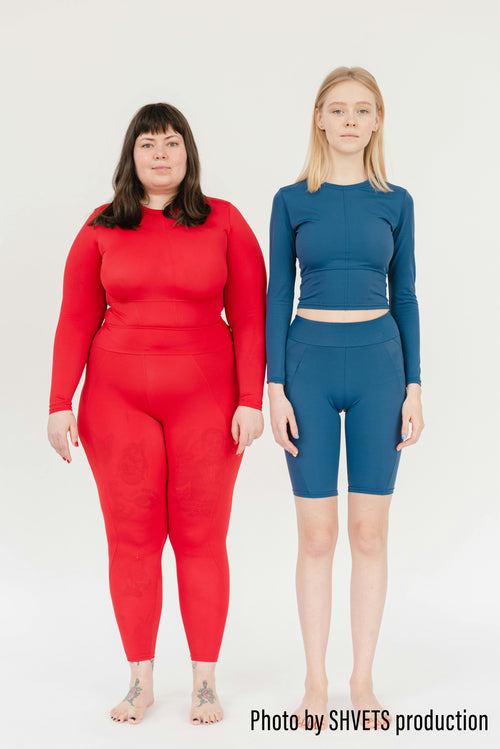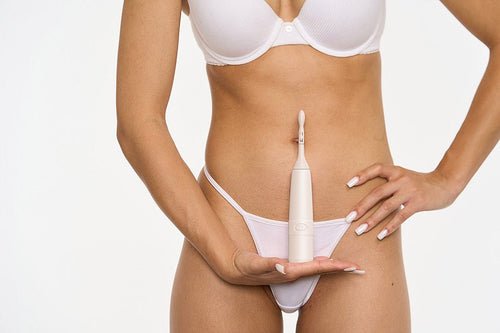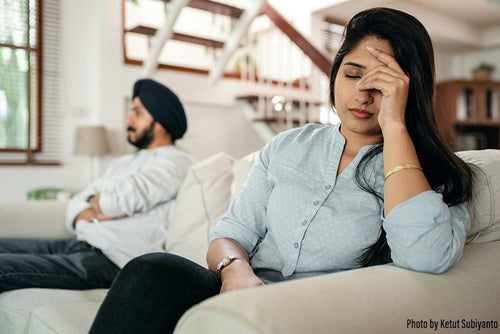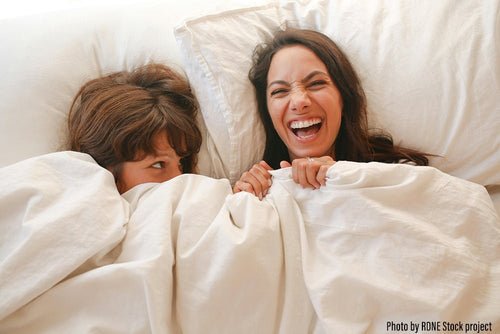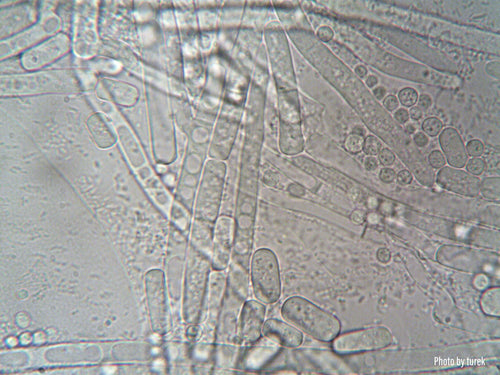Personal Shaving: Is Shaving Pubic Hair the Right Move for You?
Pubic hair grooming is a personal choice, influenced by comfort, aesthetics, hygiene, and sexual preferences. While some choose to go completely bare, others prefer a trim — or to leave things entirely natural. But is shaving pubic hair healthy? And are there any risks or benefits that go beyond the surface?
As with most things related to sexual wellness, there’s no one-size-fits-all answer. Understanding the pros, cons, and safe practices of personal shaving can help you make a decision that supports both your health and confidence.
Why People Shave Their Pubic Hair
For many, shaving is simply about personal preference. Some like the feeling of smooth skin, especially during intimacy or when using sex toys. Others choose to shave for aesthetic reasons or because it makes them feel cleaner or more confident.
In the context of sexual pleasure, some find that removing pubic hair increases sensitivity — especially during oral sex or when using vibrators and other intimate products. Without the buffer of hair, skin-to-skin contact or toy stimulation can feel more direct.
Is It Healthy to Shave Your Pubic Hair?
From a medical standpoint, there’s no requirement to remove pubic hair. In fact, pubic hair serves a few natural functions:
-
Protection: It acts as a barrier, reducing friction and preventing bacteria and debris from entering sensitive areas.
-
Temperature regulation: Hair helps wick away sweat and keep the area dry.
-
Sensory function: Hair follicles are surrounded by nerve endings, contributing to sexual arousal.
That said, shaving is not unhealthy — as long as it’s done carefully. Problems tend to arise from improper shaving techniques, not from the act of shaving itself.
Risks of Shaving and How to Avoid Them
The most common issues people face when shaving pubic hair include:
-
Razor burn or irritation
-
Ingrown hairs
-
Small cuts that may increase infection risk
To minimize these problems, it’s important to:
-
Use a clean, sharp razor
-
Trim longer hairs first with scissors
-
Shave in the direction of hair growth
-
Use a gentle, fragrance-free shaving gel or cream
-
Moisturize afterward with a soothing, alcohol-free lotion
For those with especially sensitive skin, electric trimmers may be a better option than razors.
Hygiene and Shaving: Clearing Up the Confusion
There’s a common belief that removing pubic hair improves hygiene. That’s not entirely true — good hygiene is about how you clean your body, not how much hair you have. Whether you're fully shaved, partially groomed, or natural, regular bathing and proper care are what matter most.
However, shaving can make it easier to spot skin issues, reduce trapped sweat, and make some feel fresher — particularly during hot weather or workouts. Just remember, hair itself is not unhygienic.
Sexual Wellness and Pubic Grooming
Shaving or grooming pubic hair can impact sexual wellness — not because of health reasons, but because of how it makes you feel. For many people, personal grooming boosts body confidence and increases comfort during sexual activity. It can also enhance sensation, especially when using vibrators, lubricants, or engaging in oral sex.
On the other hand, if grooming causes anxiety, irritation, or discomfort, it’s worth reconsidering whether it’s truly benefiting your pleasure and well-being.
All in All
Shaving pubic hair is neither right nor wrong — it’s a matter of personal grooming style, comfort, and how it fits into your overall sexual wellness. There’s no medical requirement to remove pubic hair, and leaving it natural is just as valid and healthy as shaving it all off.
If you do choose to shave, be gentle, stay clean, and use proper technique to avoid irritation. Your body, your choice — the best grooming decision is the one that makes you feel confident, comfortable, and in control of your pleasure.

